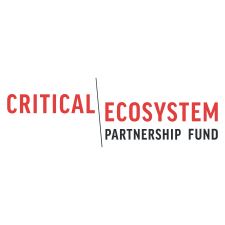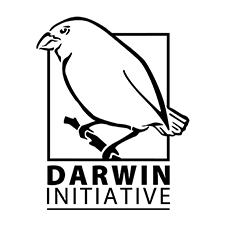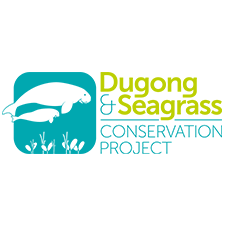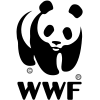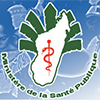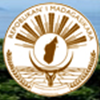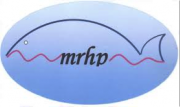The Barren Isles archipelago is one of the few remaining strongholds of thriving marine biodiversity in the western Indian Ocean.
Lying off the west coast of Madagascar and home to some of the region’s healthiest coral reefs, as well as seamounts, mangrove forests and wetlands of international importance, this diverse ecosystem supports the livelihoods of more than 4,000 traditional fishers.
Many of these fishers migrate to the Barren Isles seasonally, covering up to 1,000 kilometres in outrigger pirogues in response to declining fisheries elsewhere.
Until recently these nomadic communities lived in close association with this unique seascape, migrating through the islands following seasonal fish stocks and leaving the archipelago during the stormy summer season.
Despite being one of the most isolated and least developed regions in Madagascar, pressures on the archipelago have proliferated in recent years, and today the Barren Isles face the same grave threats experienced across the Indian Ocean: unsustainable and destructive fishing, conflicts between small-scale and industrial fishers competing for resources, mining, oil and gas exploration, and climate change.
Challenges facing the Barren Isles
Overfishing is driven by rapid population growth, escalating migration to the region, and lucrative markets for shark fins and sea cucumbers. With a population doubling time of less than twenty years in western Madagascar, and migrant fishers attracted by the Barren Isles’ abundant marine resources, overexploitation threatens the resilience of the marine ecosystems underpinning local fisheries.
Destructive fishing practices. There are fishers in the area who use destructive gears such as beach seine, small mesh nets, and poison.
Illegal, unreported, and unregulated fishing. The illegal use of SCUBA gear to harvest wild sea cucumbers has diminished since 2017, but nevertheless constitutes a threat for those species in the Barren Isles. Trawlers targeting shrimps are regularly reported to be fishing inside protected areas, where it is forbidden.
Commercial mining and petroleum exploration. The extraction of guano threatens to disturb these fragile low-lying island ecosystems, home to nesting marine turtles and ground-nesting seabird populations. Guano extraction would also risk the sedimentation and eutrophication of surrounding shallow-water coral reefs. Exploration for oil and gas is ongoing, and seismic surveys and future extraction could cause irreversible damage to this globally important ecosystem.
Balancing the commercial interests and economic development of one of the poorest countries in the world with safeguarding the livelihoods of 4,000 people and the value of the natural environment is an ongoing challenge.
Establishing the country’s largest protected area
Responding to these challenges, Blue Ventures is working with the Government of Madagascar to help coastal communities create a locally-managed marine area (LMMA) around the Barren Isles, which is the country’s largest marine protected area, as well as the Indian Ocean’s largest LMMA.
This ambitious conservation initiative aims to safeguard the marine biodiversity underpinning the archipelago’s traditional fisheries by mitigating overfishing, reducing conflicts between resource users, and promoting responsible fisheries management.
The diversity of marine life in the Barren Isles

By communities, for communities
The LMMA will empower over 4,000 traditional fishers to secure formal fishing rights to their customary fishing grounds, giving local communities a legal mandate to manage these fisheries within a nationally-recognised protected area, spanning over 4,300 km2 of coast and ocean. Through the protected area, these communities will gain the means to address the primary threat to their livelihoods – industrial and illegal overexploitation of fisheries – and ensure the long-term viability of their fisheries.“By establishing a functioning, legally-recognised model for rights-based fisheries management, the Barren Isles LMMA will set a critical precedent for fishing communities throughout Madagascar, giving traditional fishers the formal right to manage their seas.”
Mialy Andriamahefazafy, Environmental Policy Officer
2018: Progress so far
Temporary protected status was awarded to the Barren Isles LMMA in 2014 and the process of gaining definitive protection continues to progress. In early 2018, after a long process of community meetings and consultations which started in 2016, an updated version of the dina (community-based laws) was agreed by all those communities affected, and submitted to the government for validation.
The plan summarised the results of community consultations, and a participatory mapping exercise which saw community members select the temporary and permanent reserve areas they want to implement. The eight reserves that were agreed upon will be integrated as management zones within the LMMA plan.
Community members are playing a key role in the ongoing management of the LMMA. The Vezo Miray Nosy Barren Association (VMNB), a collection of fishers, represented by elected leaders from six coastal villages and seven islands, is now officially recognised as a co-manager of the Barren Isles LMMA. The VMNB comprises a management committee, a dina committee (in charge of applying the community-based laws), and now the ‘Akio Kary’ (translates to tiger shark), a group of community surveillance agents who will monitor the infractions of the dina within the LMMA.
No more problems or rumours about surveillance, they’re into it. It’s all about making sure the dina is being upheld. Now the people in Ampasimandroro understand well what is the aim of the surveillance agents work. The association Vezo Miray Nosy Barren leaders have explained extensively their role and functioning to the wider communities. So we thank you Blue Ventures very much for implementing this.
Robustin Letiny, Vice President of VMNB
Addressing the challenges of
unmet health needs
Throughout the islands, another challenge threatening to restrict local marine management efforts is the multitude of unmet health needs.
Living in precarious camps on the islands and on the coast, many fisher families are completely cut off from access to health information and services, including family planning options.
Although some community members travel occasionally to the mainland to collect fresh drinking water, even the adjacent mainland coastal villages have extremely limited access to formal health services due to their severe isolation.
Recognising the inextricable links between poor health, unmet family planning needs, food insecurity, environmental degradation and vulnerability to climate change, Blue Ventures has developed a holistic approach integrating community health services with marine conservation and coastal livelihood initiatives.
2015: Launch of the Barren Isles community health programme
Building on the success of our community health initiatives at two sites further along the coast, Blue Ventures established a community health programme in the Barren Isles in collaboration with our existing health partner JSI/MAHEFA – a USAID-funded community health project working in the region.
The programme has continued to grow and evolve over the past three years.
All CHWs received initial training in sexual and reproductive health, family planning, integrated community-based case management for childhood illnesses, water, sanitation and hygiene (WASH), and nutrition.
Eight CHWs are currently being supported by Blue Ventures, under the guidance of Toalidy.
Over 45,000 women across Madagascar have now received access to family planning services
since the community health programme began in 2007
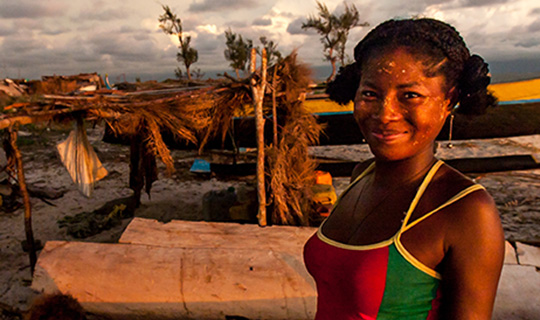
Since its implementation in the Barren Isles in 2015, around 10,000 women in the region have been reached by the community health programme.
In addition to providing access to contraceptives, community health workers also play a key role in community health promotion, advancing the sustained uptake of key health-enhancing behaviours. They are actively engaging their peers in discussions around family planning, maternal and child health and WASH, as well as referring malnourished children to the nearest health centres.
Partners for conservation
By working at the interface between people, their health and the environment, communities are empowered to make their own family planning choices; granted access to health services; and equipped with the skills they need to manage their natural resources sustainably. Central to this approach has been the development of cross-sector partnerships that combine complementary expertise of environmental and health organisations.
The Barren Isles LMMA is an innovative partnership that unites fishing communities with WWF Madagascar, the Ministry of Environment and Forests, the Ministry of Fisheries, the Ministry of Health, PSI, Mahefa Miaraka, the Fisheries Surveillance Authority, Melaky regional authorities and Blue Ventures.
This critical conservation initiative has been made possible thanks to generous support from the Darwin Initiative through UK Government funding, the GEF through UNEP under the Dugong and Seagrass Project and the Critical Ecosystem Partnership Fund.
